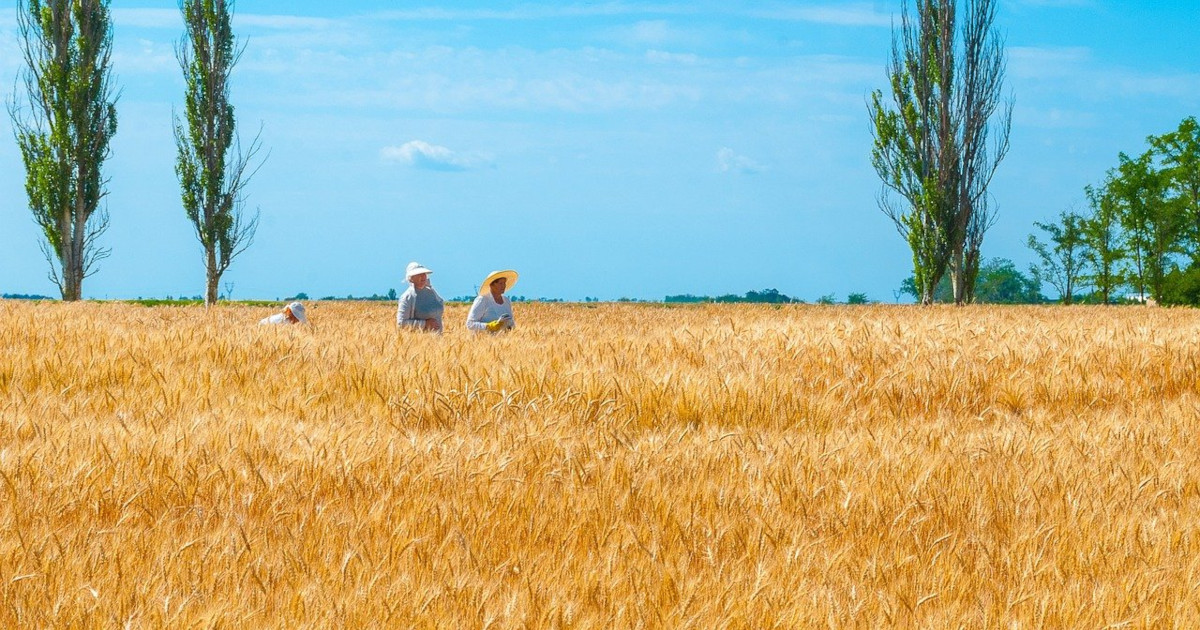
War in Ukraine: Organic in the Spotlight as Food Security Debate Ignites
Within just a few days of Russia launching its invasion of Ukraine a new frontline opened up as a fierce debate over Europe’s food security ignited. Fears that the conflict could place major stresses on supply chains and lead to food shortages across the continent, grew rapidly. With access to Ukrainian (and Russian) food and feed exports dramatically closed off, and serious disruption to energy and fertiliser supplies threatened, EU institutions mobilised to agree an emergency response.
April 1, 2023 | Source: Bioeco Actual | by Jim Manson
Within just a few days of Russia launching its invasion of Ukraine a new frontline opened up as a fierce debate over Europe’s food security ignited. Fears that the conflict could place major stresses on supply chains and lead to food shortages across the continent, grew rapidly. With access to Ukrainian (and Russian) food and feed exports dramatically closed off, and serious disruption to energy and fertiliser supplies threatened, EU institutions mobilised to agree an emergency response.
Ukraine: A food war on two fronts
At exactly this moment of maximum anxiety, agri-industry lobbyists are piling pressure on European Governments to delay or reverse key EU sustainability pledges contained in the flagship Farm to Fork initiative. Green groups say their tactic is plain: to promote a false dichotomy between sustainability and food security.
The war in Ukraine impacts organic on two main fronts. First, is how it affect imports of vital food and feed crops to organic markets worldwide. The second, is the wider implications for food and farming policy at a time of extreme ecological precariousness.
